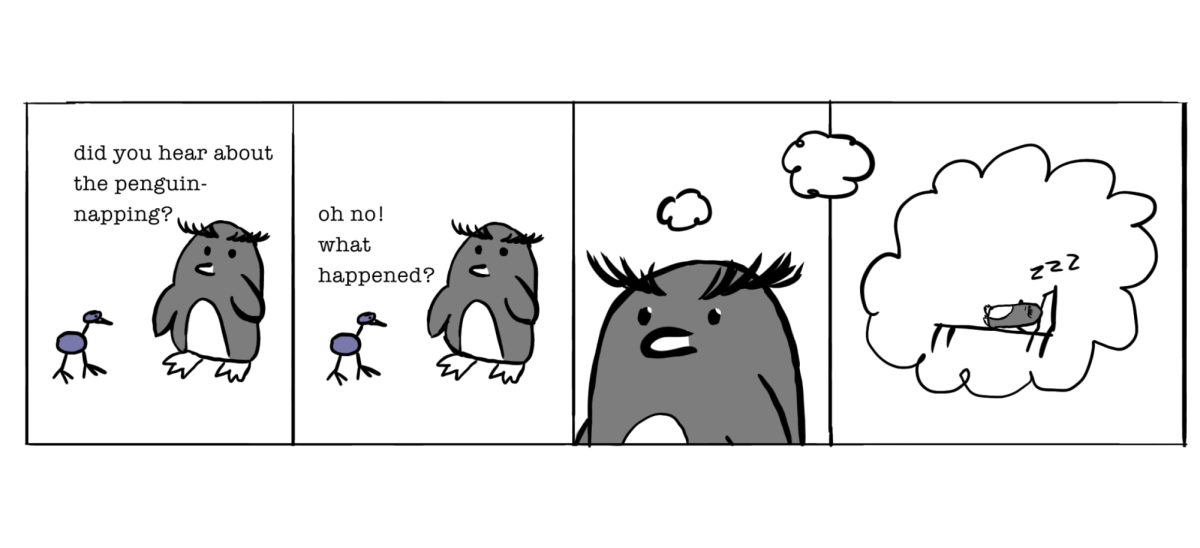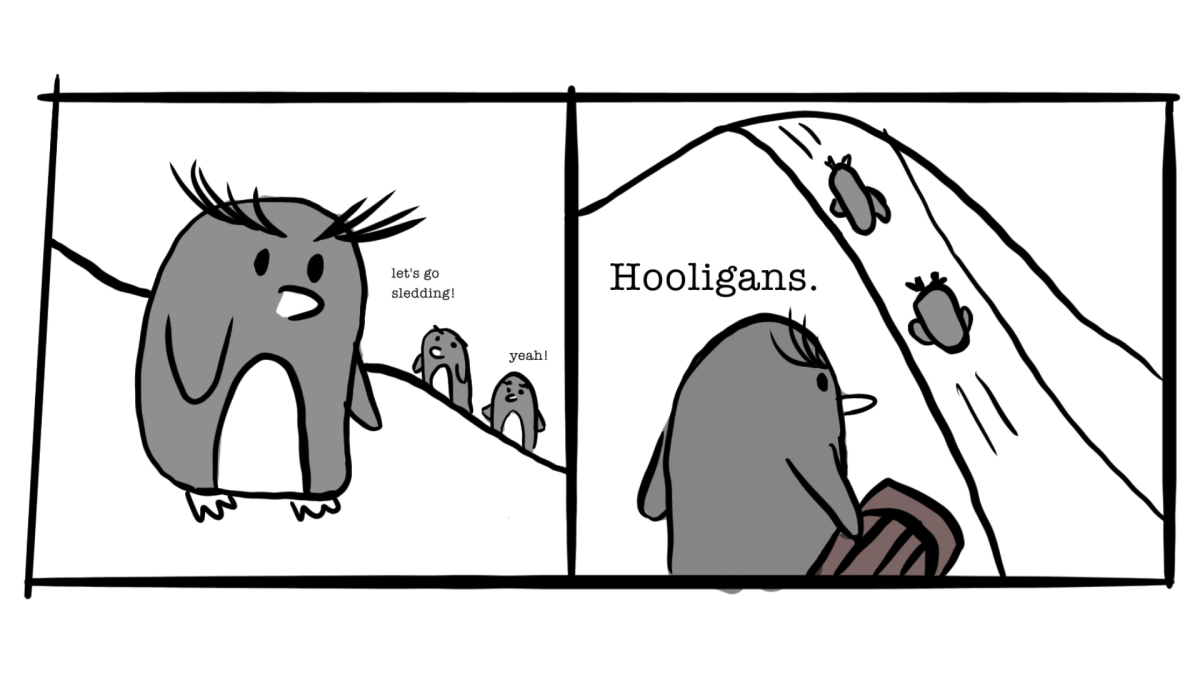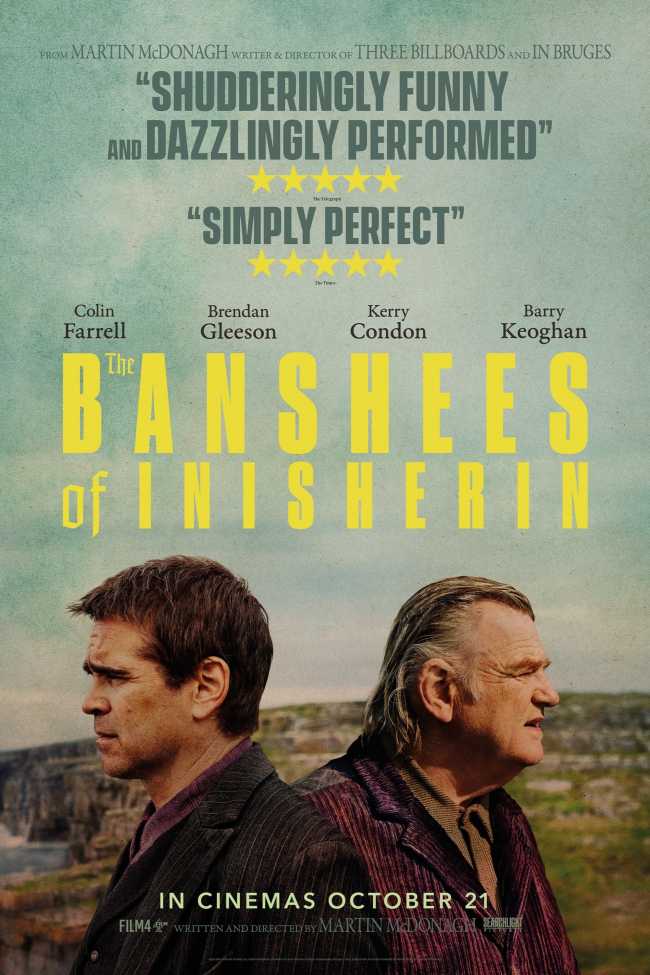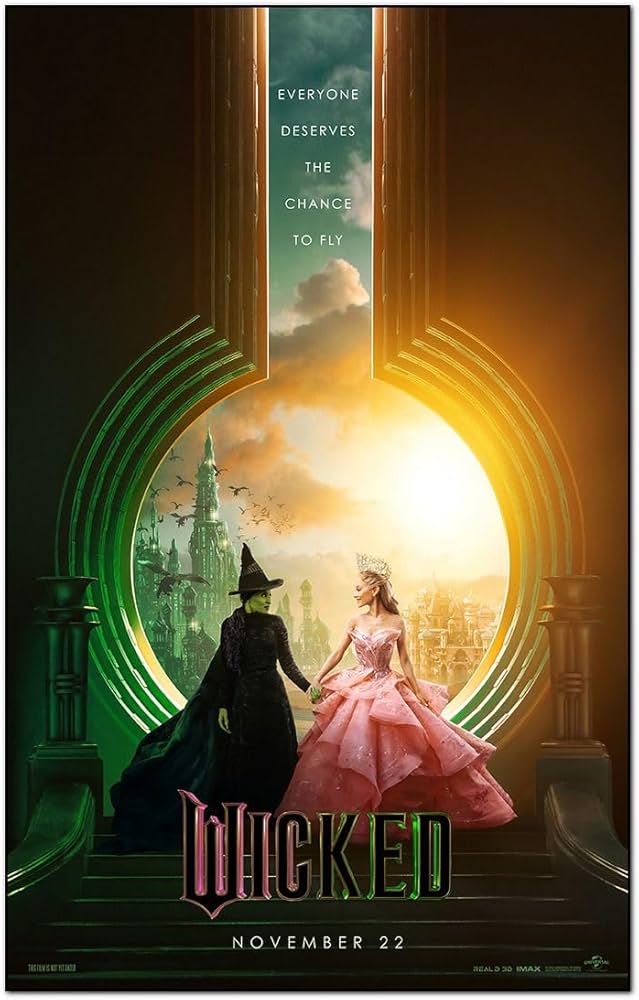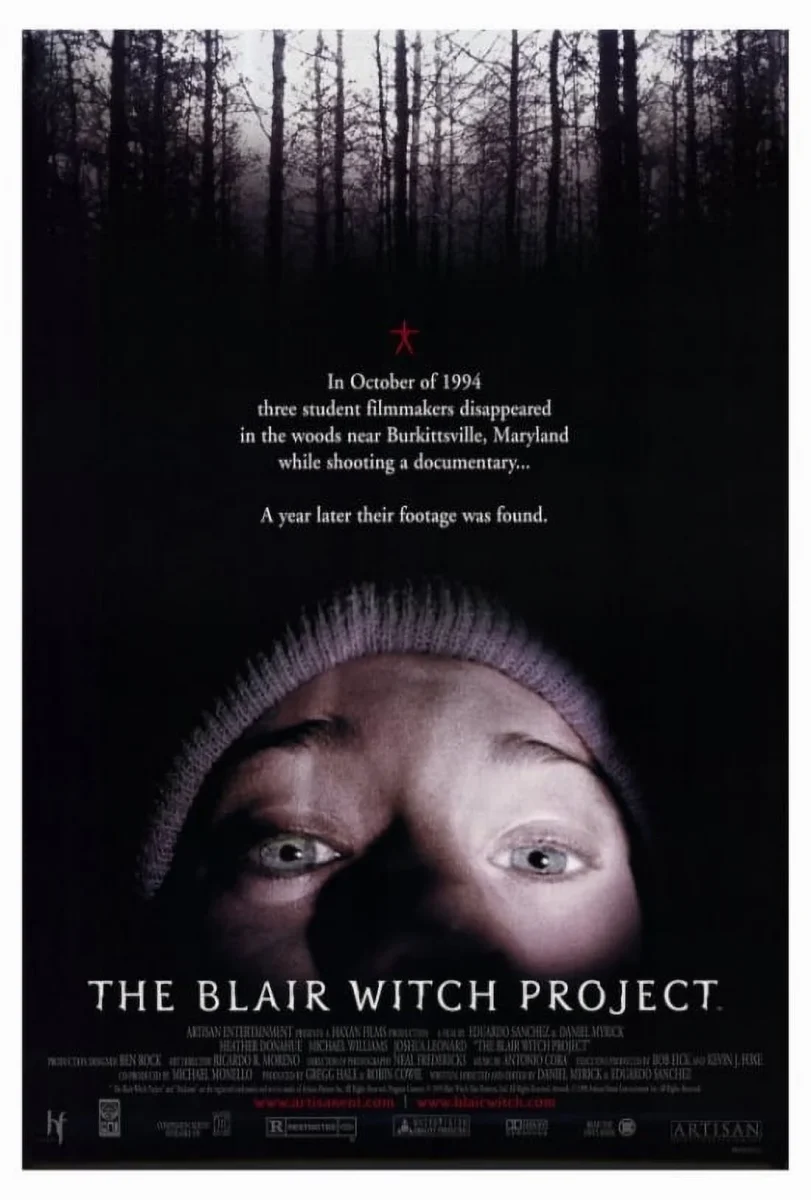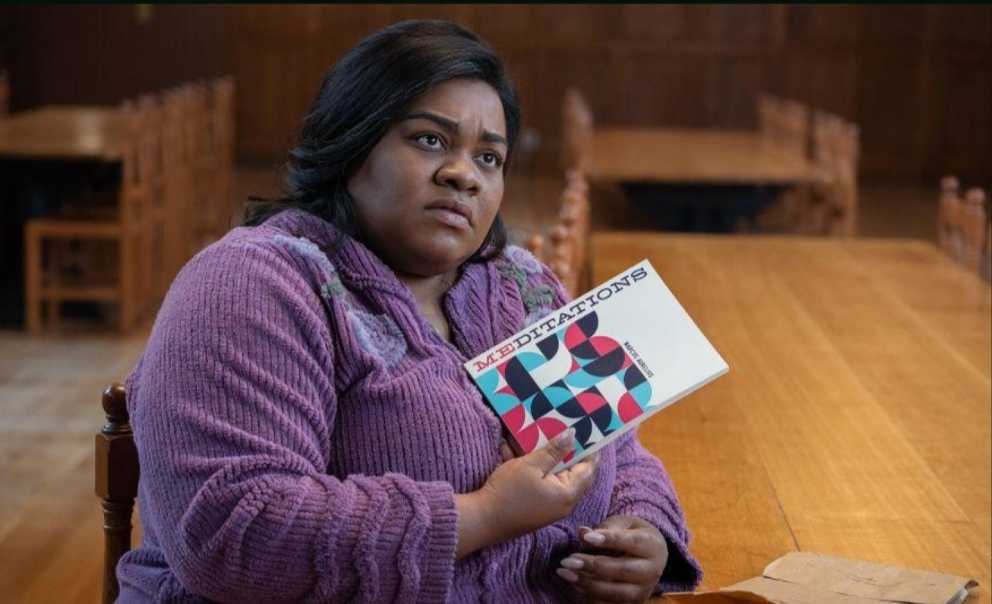Martin McDonagh, the acclaimed playwright and filmmaker, finally made it big with his 2017 film, “Three Billboards Outside Ebbing Missouri.” The film received multiple Academy Award nominations, and the world waited to see what he would do next. Lo and behold, “The Banshees of Inisherin” is finally here, and although it doesn’t quite live up to the heights of “Three Billboards,” it’s still an excellent showcase of McDonagh’s writing talents.
The film, which takes place during the Irish Civil War in the 1920s in the small village of Inisherin, follows Padraic (Colin Farrell) and his friend Colm (Brendan Gleeson). One day, Colm tells Padraic he doesn’t want to be friends anymore. Why? Because Padraic is just too dull. The well-intentioned Padraic keeps pushing until Colm issues an ultimatum: every time Padraic bothers him, Colm will cut off one of his fingers.
From the get-go, you can tell this is a Martin McDonagh movie. His dark sense of humor is on full display throughout, and like his other films, it feels like more of a grim fairy-tale than a true story. Every line is carefully thought out, everything mentioned early on is brought back later, and every emotional scene is accompanied by clever dialogue. McDonagh is remarkably talented, and his writing here is truly incredible. Although it is a dramedy (drama comedy), “The Banshees of Inisherin” is considerably less comedic than his other films, which leaves more room for affecting character growth and subtler jokes.
The performances are another highlight. Colin Farrell, often cast as a smooth and confident leading man, is shockingly good as a more innocent, tender character than usual. Brendan Gleeson’s stoicism and wisdom works brilliantly in tandem with the script, and Kerry Condon is great as Padraic’s sister Siobhán, the only sensible person in all of Inisherin.
Although “The Banshees of Inisherin” is a great film, it’s not without its shortcomings. The movie tries to incorporate vaguely supernatural elements and a sense that the story is “bound by destiny,” but it just seems like a bit too much for the small-scale story. There are also a few confusing and unexplained events, and although none of them make the film beyond forgiveness, you’d expect tidier writing from McDonagh.
Despite that sloppiness, McDonagh works hard to convey the meaning of the film beyond the story. We follow these stubborn, old-fashioned men who refuse to give in or quit, no matter the senselessness of the situation. The ongoing civil war further highlights the ridiculousness of Padraic and Colm’s feud: no one really knows why they’re fighting anymore, but they’ve come too far to go back. It’s almost the polar opposite of McDonagh’s first feature, “In Bruges,” which shows similarly stubborn and violent men (also played by Farrell and Gleeson) find redemption and forgiveness in one another. It’s a complete 180, but it works excellently (particularly because if you’ve seen the other film) to change your perception: at first, you might expect Padraic and Colm to make peace like the protagonists of “In Bruges,” but McDonagh subverts expectations as the feud grows bloodier and bleaker.
The story’s escalation and pacing is excellent. It starts small, and continues to spiral further out of control until the last second. The progression and growing bitterness of Colm and Padraic’s feud feels natural, and the 30 minutes leading up to the fiery climax are nerve-wracking and build anticipation masterfully. I hesitate to call the tension “epic” for such a small-scale story, but regardless, I think epic is a fitting descriptor. The dark plot and sense of humor might not work for some, particularly as the story races to its brutal finale, but McDonagh expertly straddles the line between “so dark it’s funny” and “so dark.”
Another aspect of the film McDonagh nails is the setting. Inisherin is tiny, with the only public buildings being the post office, the tavern, and the church. The characters wallow in this mediocrity and dullness, but they still love it. This intense pride and spirit for the town is yet another aspect of Padraic’s unwavering stubbornness. The setting also makes for some beautiful cinematography, with wide shots of the peaceful, empty landscapes. “The Banshees of Inisherin” might not be the strongest film in McDonagh’s repertoire, but it’s undeniably a unique and engaging experience. With stunning performances and great writing, it stands out above other dramedies and moves along like a rollercoaster full of tonal shifts and shocking twists. The rich symbolism and themes serve to elevate this movie to one of the best of 2022 so far.






